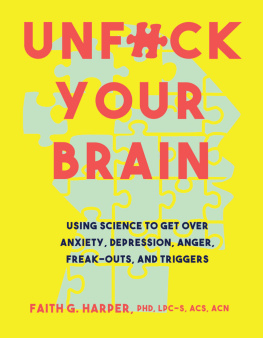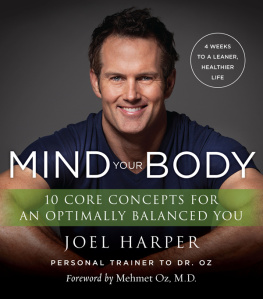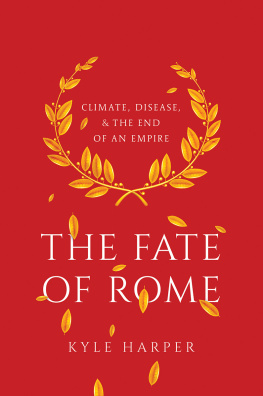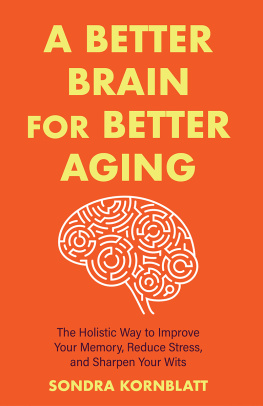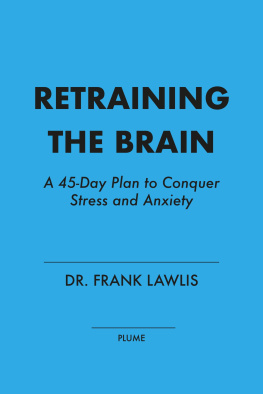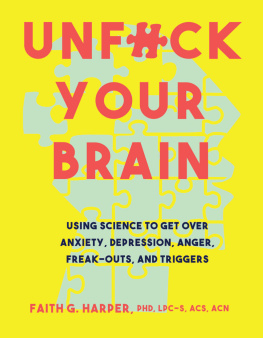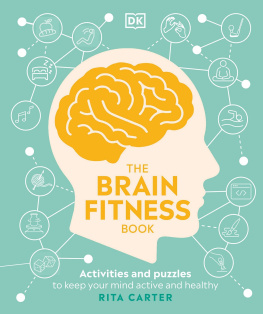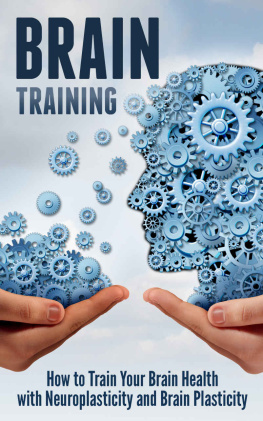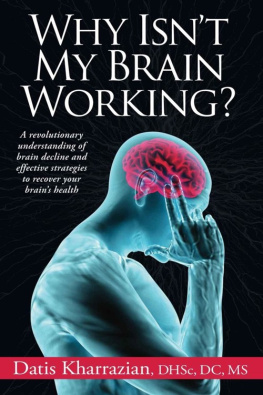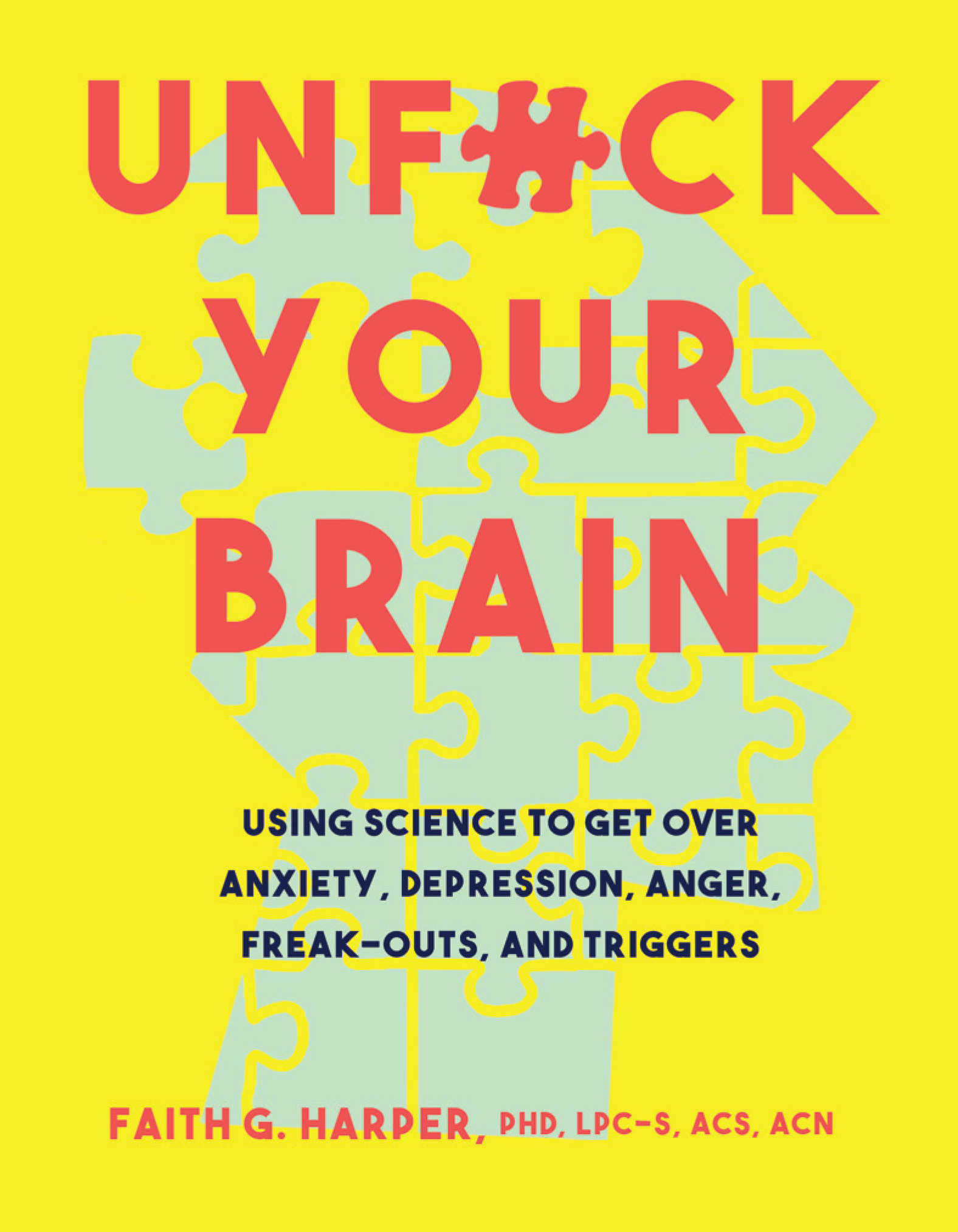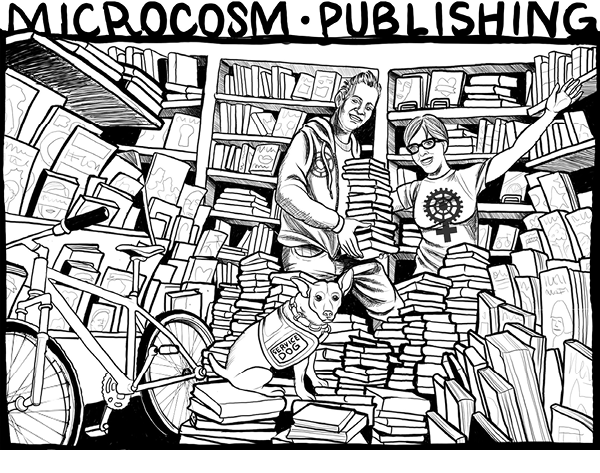Unfuck Your Brain
Using Science to Get Over Anxiety, Depression, Anger, Freak-outs, and Triggers
Faith Harper, P h D, LPC-S, ACS
Microcosm Publishing
Portland, OR
UNFUCK YOUR BRAIN
Using Science to Get Over Anxiety, Depression, Anger, Freak-outs, and Triggers
Faith Harper, 2017
This Edition Microcosm Publishing 2017
Cover by Kelly Fry
Design by Joe Biel
Illustrations on page 14, 85, 94, 156 by Joe Biel
Illustration on page 174 by Nate Powell
Illustrations on pages 140, 172 by Trista Vercher
Illustration on page 90, 112 by Meggyn Pomerleau
Microcosm Publishing
2752 N Williams Ave.
Portland, OR 97227
www.microcosmpublishing.com
ISBN 978-1-62106-304-9
First edition: November, 2017
Distributed by PGW and Turnaround (UK)
If you bought this on Amazon, Im so sorry. You could have gotten it cheaper and supported a small, independent publisher at MicrocosmPublishing.com
Library of Congress Cataloging-in-Publication Data
Names: Harper, Faith G., author.
Title: Unfuck your brain : using science to get over anxiety, depression,
anger, freak-outs, and triggers / Faith G. Harper, PhD, LPC-S, ACS.
Description: First edition. | Portland, OR : Microcosm Publishing, [2017]
Identifiers: LCCN 2016048189 (print) | LCCN 2017006804 (ebook) | ISBN 9781934620779 (pbk.) | ISBN 9781621060208 (epdf) | ISBN 9781621060406 (epub) | ISBN 9781621064978 ( mobi/kindle)
Subjects: LCSH: Psychic trauma--Treatment--Popular works. | Stress
management. | Mental health. | Psychotherapy.
Classification: LCC RC552.T7 H365 2017 (print) | LCC RC552.T7 (ebook) | DDC 616.85/21--dc23
LC record available at https://lccn.loc.gov/2016048189
Microcosm Publishing is Portlands most diversified publishing house and distributor with a focus on the colorful, authentic, and empowering. Our books and zines have put your power in your hands since 1996, equipping readers to make positive changes in their lives and in the world around them. Microcosm emphasizes skill-building, showing hidden histories, and fostering creativity through challenging conventional publishing wisdom with books and bookettes about DIY skills, food, bicycling, gender, self-care, and social justice. What was once a distro and record label was started by Joe Biel in his bedroom and has become among the oldest independent publishing houses in Portland, OR. We are a politically moderate, centrist publisher in a world that has inched to the right for the past 80 years.
Global labor conditions are bad, and our roots in industrial Cleveland in the 70s and 80s made us appreciate the need to treat workers right. Therefore, our books are MADE IN THE USA and printed on post-consumer paper.
Table of Contents
Introduction
How do our brains get fucked up? Let us count the ways.
Anger, depression, anxiety, stress, traumatic grief, substance use, crazy-ass behavioral patterns, dumb-ass relationship choices.
Or as someone said to me recently Yeah, thats just a typical Tuesday.
So much of what we call mental illness is really a case of brain chemicals gone batshit. And most of this comes from the stressful and traumatic life events we cope with.
We used to hold our poor genes accountable for all the different ways we responded to an environment of stress and trauma. But recent research shows that only two to five percent of the diagnoses people struggle with come from a singular, faulty gene. So we know that the cause of trouble is waaaaaaaay more likely to be our environment and how we cope with it.
These thingsanger, depression, the rest of itare adaptive strategies. If you dont believe anything else I have to say, I hope you believe this part. These feelings are normal. Were wired for self-protection and survival, and thats exactly what your brain is doing when its acting all fucked up.
Our behaviors are responses to the bullshit we have to deal with day in and day out. Our brains respond not just to big, life altering traumatic events but also to day to day toxic relationships and interactionsthe small ways people push our buttons, violate our boundaries, and disrespect our need for safety. Its a hot mess combination of the two.
And THEN feeling fucked up becomes a vicious cycle. We feel weird and crazy for feeling weird and crazy. We feel like we are weak. Or broken. Or fundamentally flawed. And that is the most helpless feeling in the world. Fundamentally flawed means un-fixable. So why bother trying?
But what if you could understand where all of those thoughts and feelings are coming from? And understand how all the shit going on in your head came to be? What if it were actually entirely understandable? That means it might actually be FIXABLE.
This is important shit. We are way more likely to get better if we know why we are having a certain problem rather than just focusing on the symptoms. If we treat stress, anxiety, or depression, for example, without looking at some of the causes of the stress, anxiety, and depression, then we arent doing everything we can to make things ACTUALLY BETTER.
Its like if you get a rash (bear with me, gross analogy, I know). You can treat the rash and maybe even make it go away, but if you dont figure out what you were allergic to? Continued issues with rashes are pretty likely.
Same with the brain. If you can understand better why you are doing the things you are doing, the getting better part gets way easier. And it doesnt have to be explained in a super-complicated fancy-pants way to make sense and be useful.
Im a therapist. A licensed counselor with additional certifications in sexology, integrated life coaching, and clinical nutrition. Im also a board supervisor and I teach classes all around the state. Im a trauma-informed therapist, which means I do treat the trauma along with the rest. This does two things:
- It means Im actively avoided at parties
- My clients seem to get way better, way faster than the clients of my colleagues who dont incorporate trauma work and awareness into their practice
Im not being all self-congratulatory here. My clients do ALL the fucking work, Im just the coach. I hold up the huge banner that says Run this way, Forrest! at the proper end zone.
Ive been in the mental health field for enough decades now for you to say Damn, youre old, and I can tell you that our current understanding of trauma is fairly new. Several years ago I worked for a program that was the first in town to run trauma recovery groups. In those groups, I saw that focusing on working through trauma histories, rather than the labels we attached to them (depression, anxiety, addiction, etc.) helped people get better. Since that time I trained in several more trauma treatment modalities, and helped several agencies and programs move into using a trauma informed treatment model.
Im currently working in private practice and my focus is on relationships and intimacy. Guess what the biggest issue I run into is? Trauma history. It rears its ugly head up everywhere. I found that when I explained everything that was going on in a way that was simple, my clients would say Oh, shit! That makes sense! This book exists because nobody else had smushed all that stuff together in a way that is simple and practical. And I have seen how understanding all this shit helps people figure out the getting better part way more quickly..

